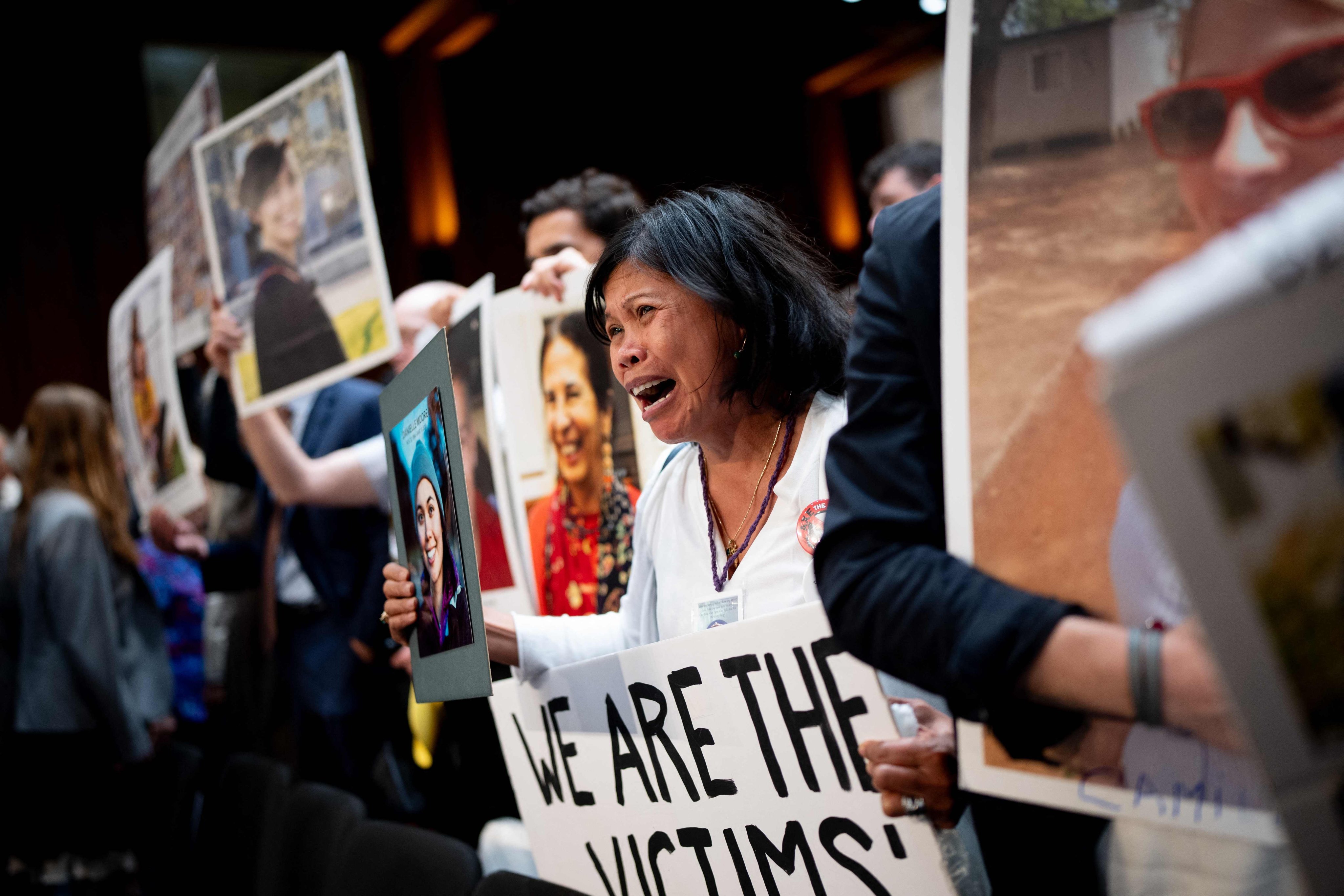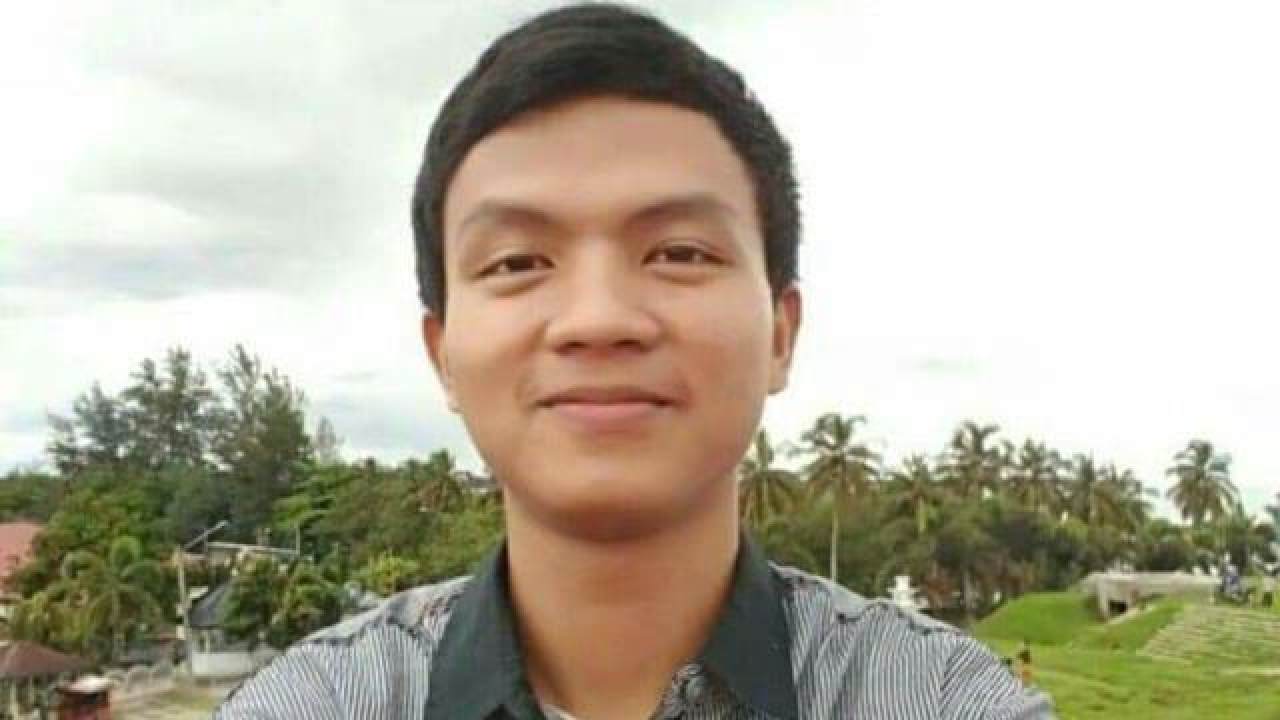Families of Lion Air crash victims say proposed Boeing deal not ‘true justice’
Under the deal, Boeing would pay US$1.5 billion and avoid trial over its handling of 737 Max safety issues

Relatives of Indonesians killed in the 2018 Lion Air crash have condemned a proposed deal between the US Department of Justice (DOJ) and Boeing, calling it a fresh example of how powerful corporations can evade criminal accountability through financial settlements and leave grieving families without closure.
The outcry came after US prosecutors filed court documents on Friday outlining a tentative agreement that would shield the American aircraft manufacturer from criminal prosecution over allegations it misled regulators about flaws in the Boeing 737 Max, the model involved in two crashes that killed 346 people.
Anton Sahadi, whose wife lost her 24-year-old cousins, Riyan Aryandi and Ravi Andrian, when Lion Air flight 610 crashed shortly after take off from Indonesia’s capital Jakarta en route to Pangkal Pinang in the Bangka-Belitung Islands, described the new deal as a disgrace.
“The DOJ decision is setting a dangerous precedent, where large companies can avoid criminal liability by paying fines, without facing legal consequences,” he told This Week in Asia. It “raises serious questions about the integrity of the criminal justice system and the protection of the victims”.

Under the proposed resolution, Boeing would avoid trial in exchange for forking out US$1.1 billion in safety improvements and US$445 million in compensation for victims’ families. The DOJ said it considered the agreement the fairest outcome under current law and policy.
“Nothing will diminish the victims’ losses, but this resolution holds Boeing financially accountable, provides finality and compensation for the families and makes an impact for the safety of future air travellers,” the department said in a statement.
Critics argue, however, that financial penalties fall short of delivering justice in cases involving loss of life.
The Lion Air crash on October 29, 2018, occurred minutes after take-off from Jakarta. Just five months later, Ethiopian Airlines flight 302 using the same aircraft model crashed after departing Addis Ababa, killing all 157 people on board.
In both accidents, the aircraft’s automated flight stabilising feature – known as the Manoeuvering Characteristics Augmentation System (MCAS) – activated erroneously, repeatedly forcing the plane’s nose downward.
Investigations by the Indonesian National Transportation Safety Committee and the Ethiopian Civil Aviation Authority concluded that MCAS relied on input from a single faulty angle-of-attack sensor, which triggered the system unnecessarily and left pilots with little time to respond.
Further investigations found Boeing had failed to fully disclose the MCAS system to pilots and regulators. A US House committee reported the company withheld critical information from the Federal Aviation Administration (FAA) and airlines, including internal tests showing it could take more than 10 seconds to respond to uncommanded MCAS activation.
Boeing declined to comment when contacted by This Week in Asia.
‘It is not fair’
“It was already long suspected that senior members of Boeing management had not been honest with the government with the 737 Max system,” said Alvin Lie, the chairman of the Indonesian Air Transport Service Users Association.
“Those who should be held responsible are the members of management, not the company as a whole. But I am not surprised that Boeing has managed to avoid criminal prosecution. It is not fair, as only large companies are able to do this. Small companies would never be able to get away with something like this.”
He added that it was not just senior members of Boeing who should be held responsible, but also the FAA, who had accepted Boeing’s safety claims at face value without interrogating or investigating them for years.
The proposed deal is not Boeing’s first. In 2021, the company entered into a deferred prosecution agreement with the DOJ, agreeing to pay US$2.5 billion – including a US$243.6 million criminal fine – to resolve charges that it misled the FAA about the 737 Max’s MCAS system.
Last year, however, prosecutors determined that Boeing had violated the agreement by failing to implement an effective compliance and ethics programme to prevent fraud across its operations.
That breach prompted the DOJ to pursue a new resolution, resulting in the tentative deal announced this last week.
“Like any prosecutors, the Justice Department has a lot of discretion in fashioning deals in criminal cases, which are often called ‘alternative dispositions’. That is true whether it is a major company like Boeing or a small time offender,” Michel Paradis, a lawyer and law professor at Columbia Law School in the US, told This Week in Asia.
“Here, the Justice Department attorneys seem to have concluded that a billion-dollar settlement, about half of which will go to victims, will provide a faster and more just resolution of the case than letting it drag out over the next decade.”
James Hodes, a US-based criminal defence lawyer, was sceptical about the DOJ’s approach. “This is not something new,” he said. “The Department of Justice often lets people and corporations off the hook if they are too big or consequential to prosecute fully. Just look at the lack of prosecution of any corporate officers on the whole OxyContin situation.”

Neuis Marfuah, whose 23-year-old daughter Vivian Hasna Afifa had been on board the doomed Lion Air flight, told This Week in Asia that she had hoped that legal sanctions against Boeing would be enforced, but she understood that US law allowed Boeing to pay financial penalties to avoid criminal charges.
“Personally, I am disappointed in Boeing. But there is nothing we can do about it,” she said.
The pain of losing her daughter had not diminished, she added, and the ongoing legal issues with Boeing only served to exacerbate her grief.
“Even though time has passed, I still pray for my daughter every night and she is always in her mother’s soul. Even though my tears no longer fall like they used to, the sadness is always there. I always remember her.”
Sahadi echoed her grief, saying no amount of money could erase what the victims’ families had endured.
“While this settlement may provide financial compensation, many feel that true justice has not been served, and that the legal system must be more assertive in holding companies accountable for actions that result in the loss of human life,” he said.